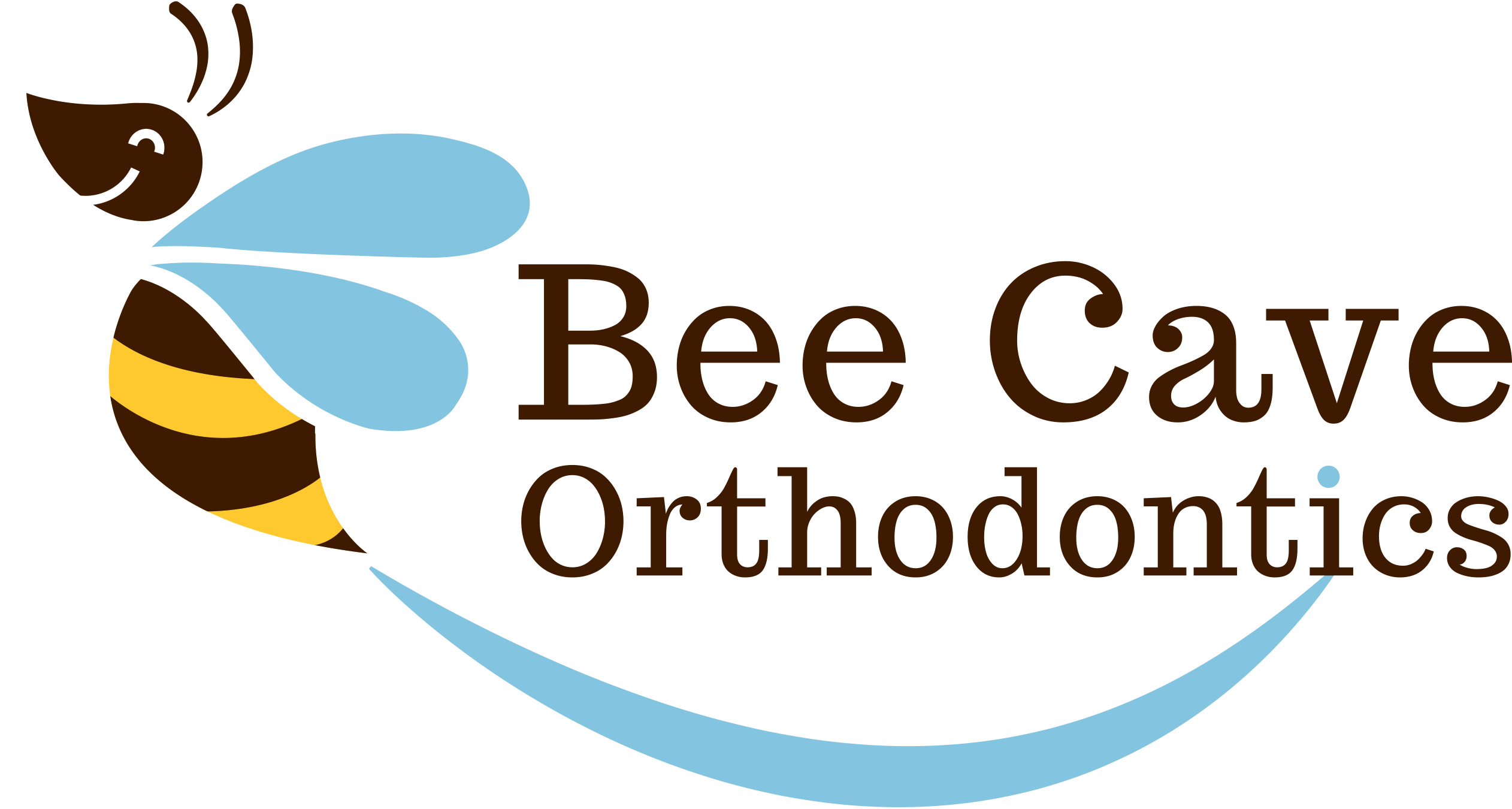Signs You Might Be Clenching Your Jaw: Jaw pain, headaches, or worn teeth? Discover 5 telltale signs of jaw clenching and what you can do to protect your smile, especially if your child might be affected. – Bee Cave Orthodontics – Austin, Texas
Do you wake up with a sore jaw or a pounding headache? Has your child been complaining about jaw pain or sensitive teeth? These symptoms may be more than just daily discomfort — they could be signs of jaw clenching, also known as bruxism.
Jaw clenching is a common condition that affects both adults and children, often without them even realizing it.
Left untreated, it can lead to chronic pain, dental damage, and even misalignment of the jaw joint.
Here are the top five signs that you or your child might be clenching at night — and what to do about it.
1. Persistent Jaw Pain or Tightness
One of the most obvious signs of clenching is pain in the jaw, especially near the ears or along the jawline. This discomfort is often worse in the morning, as the muscles have been overworked overnight. Children might describe it as “soreness when chewing” or a “tired jaw.”
2. Frequent Headaches
Tension-type headaches — often felt in the temples or around the forehead — are common in people who clench their jaw. These headaches are caused by the overuse of jaw and facial muscles and may mimic migraines. If your child frequently wakes up with a headache or complains of facial pain, it’s worth checking for signs of clenching.
3. Worn or Flattened Teeth
Over time, the pressure from grinding or clenching can wear down tooth enamel, making the teeth appear flat, short, or even chipped. In children, this might be harder to detect, but a pediatric dentist or orthodontist will often spot uneven wear patterns during a routine visit.
4. Tooth Sensitivity or Pain
Worn enamel exposes the sensitive dentin layer of the tooth, making hot or cold foods painful. If your child suddenly becomes sensitive to temperature or pressure when eating, jaw clenching may be the underlying cause. Painful chewing without any obvious cavity could be another clue.
5. Clicking or Popping Sounds in the Jaw
Clenching puts pressure on the temporomandibular joint (TMJ), which can result in popping, clicking, or even locking of the jaw. This can be especially alarming in children and teens, who may not be able to describe the sensation well. Any noises from the jaw joint should be evaluated by a professional.
What Causes Jaw Clenching?
Clenching and grinding are often linked to stress or anxiety, even in young children. Other contributing factors include:
-
Misaligned teeth or bite
-
Sleep disorders
-
ADHD or hyperactivity
-
Response to pain or discomfort
-
Side effects of certain medications
What Can You Do About It?
The first step is to schedule a consultation with an orthodontist or dentist, especially one experienced in treating children and teens. They may recommend:
-
A custom night guard to protect the teeth during sleep
-
Relaxation techniques or stress-reducing habits
-
Orthodontic treatment to correct bite misalignment
-
Addressing sleep quality or breathing issues, especially in kids with large tonsils or sleep apnea symptoms
When to See a Specialist
If your child shows two or more of the signs listed above, it’s time to take action. Early intervention can prevent years of discomfort and damage. Dr. D and our team are specially trained to recognize and treat signs of bruxism in children, teens, and adults alike — with gentle, personalized care.
🦷 Take the First Step Toward Relief
If you or your child is experiencing jaw pain, headaches, or worn teeth, don’t wait. Let’s find out what’s going on — and fix it before it gets worse.
👉Schedule a Free Consultation with Dr. D now ✨
Want to get to know us a little better? Check out our YouTube Videos!

